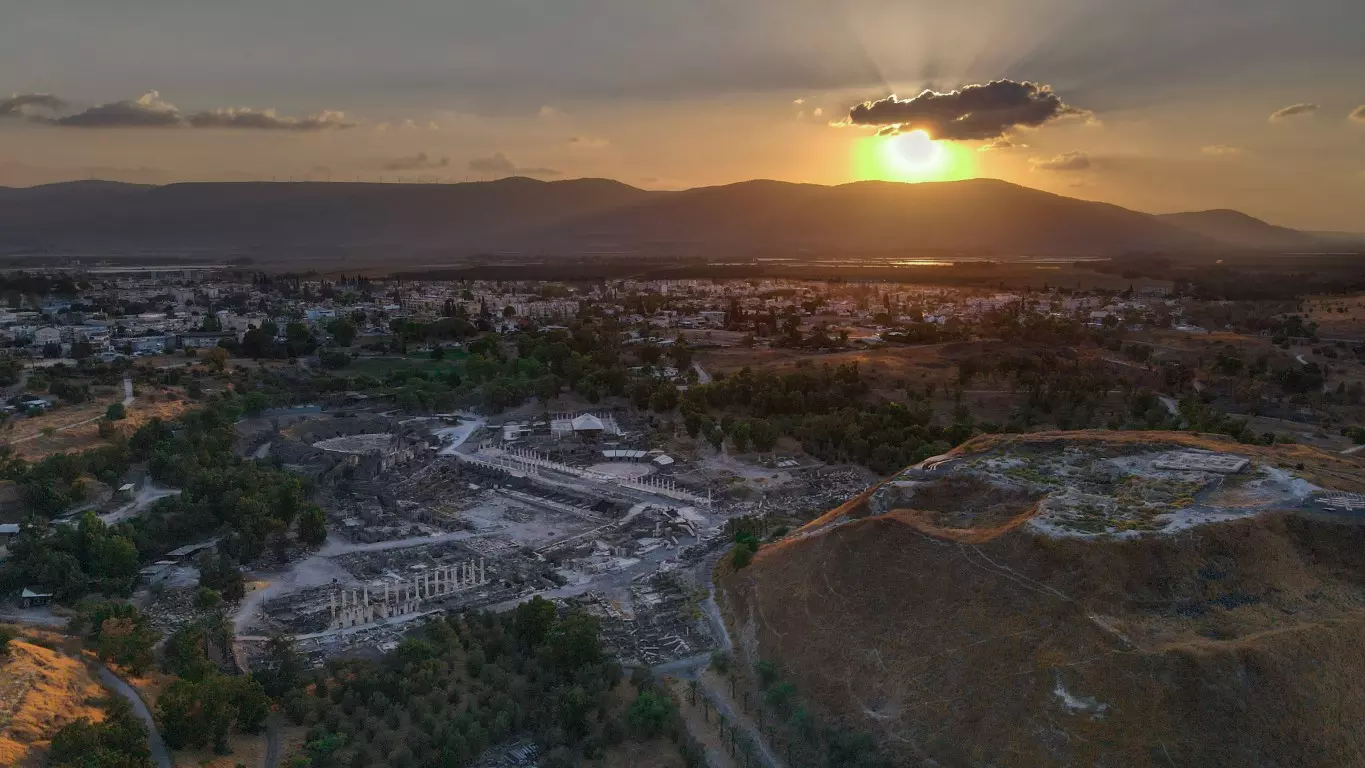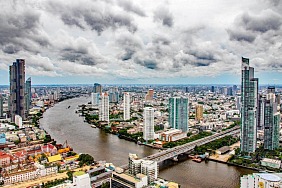Remote team dynamics can be an invaluable asset to businesses, but they can also be a source of confusion and disorganization if not managed effectively. In order to maximize the effectiveness of a remote team, there are certain strategies that can be implemented to ensure everyone is on the same page and working towards a common goal.
Communication
The most important factor in building effective remote team dynamics is to ensure that everyone is communicating with each other. Without a physical office, the ability to easily converse with colleagues is lost. To ensure that team members are able to keep in touch, it is important to establish clear channels of communication. This could include daily check-ins, video calls, as well as more formal meetings and presentations. By having a system in place, team members will be able to stay up to date with the latest developments, and have a platform to voice their concerns and ideas.
Collaboration
Collaboration is essential in any team, but can be more difficult to achieve with a remote team. To ensure that everyone is working together effectively, it is important to establish an online workspace. This could be a shared document, or an online project management program. By having an online hub for team members to collaborate and share ideas, team members will be able to work together as if they were in the same physical space.
Trust
In order for a remote team to be successful, trust must be established between team members. This could be done through regular check-ins, as well as establishing a system of accountability. For example, team members could be assigned tasks and be required to report back on their progress. This will ensure that each team member is held accountable for their work, and will create a sense of trust between team members.
Flexibility
Since remote teams are working from different locations, it is important to be flexible with deadlines and expectations. Team members may not always be able to work on their tasks during traditional office hours, so having a flexible schedule is essential. This could include allowing team members to work on their own schedules, or providing additional resources to help them complete their tasks. By being flexible, team members will have the freedom to work when and where they are most productive.
Leadership
The most effective remote teams are led by strong and capable leaders. Leaders should be able to establish trust, motivate team members, and ensure that tasks are completed on time. Leaders should also be able to adapt to the changing dynamics of a remote team, and be able to adjust the team’s strategy when needed. By having a strong leader, remote teams will be able to remain focused and organized, and will be able to reach their goals more effectively.
Conclusion
Remote team dynamics can be an invaluable asset to businesses, but it is important to ensure that they are managed effectively. By establishing clear channels of communication, creating an online workspace for collaboration, establishing trust, being flexible with deadlines and expectations, and having a strong leader, remote teams will be able to maximize their effectiveness and reach their goals.














